Find Help
More Items From Ergsy search
-
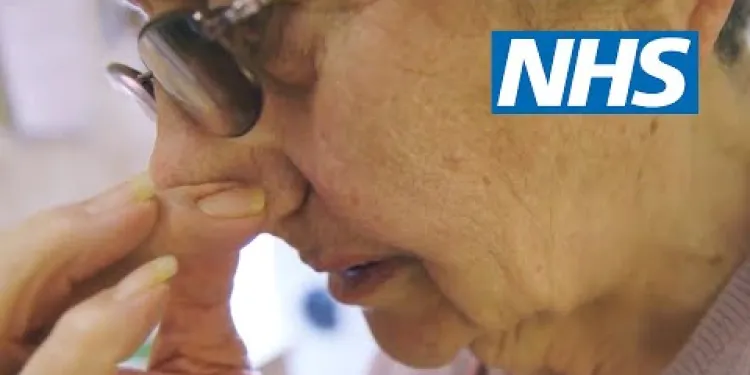
How to treat a nosebleed | NHS
Relevance: 100%
-
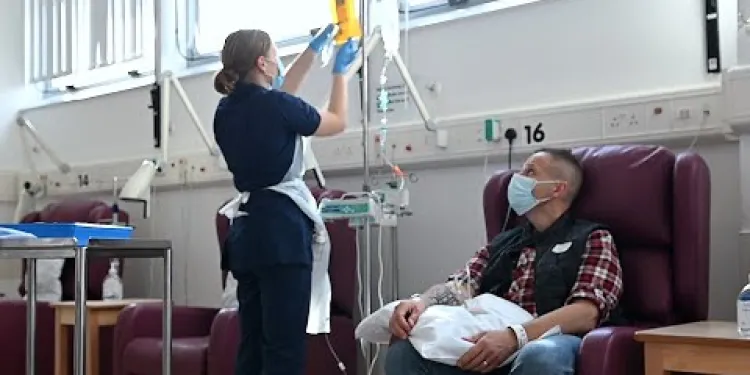
Having chemotherapy and other treatments in the Day Treatment Unit
Relevance: 34%
-

Is there a treatment for measles?
Relevance: 33%
-

Is there a treatment for measles?
Relevance: 33%
-

Are chiropractic treatments safe?
Relevance: 33%
-

Is Botox treatment expensive?
Relevance: 32%
-
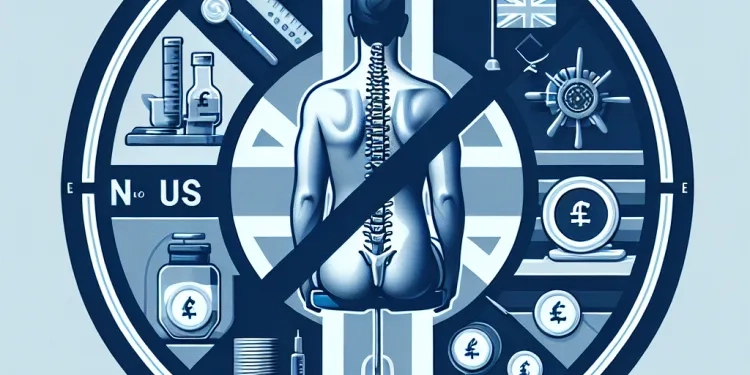
Are chiropractic treatments painful?
Relevance: 32%
-

What is the treatment for appendicitis?
Relevance: 32%
-
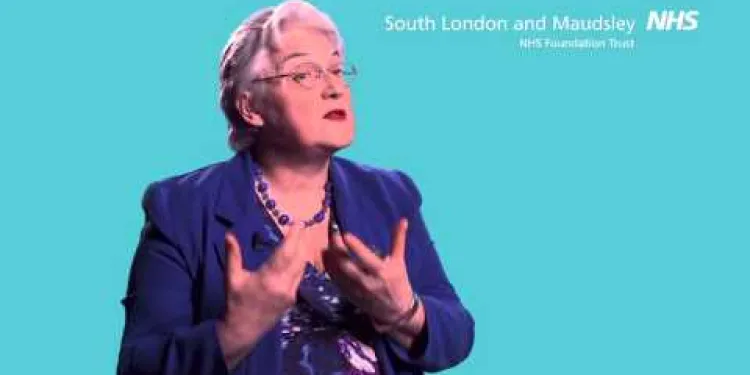
Eating disorders: treatment
Relevance: 32%
-

Is Paillon treatment a form of chemotherapy?
Relevance: 31%
-
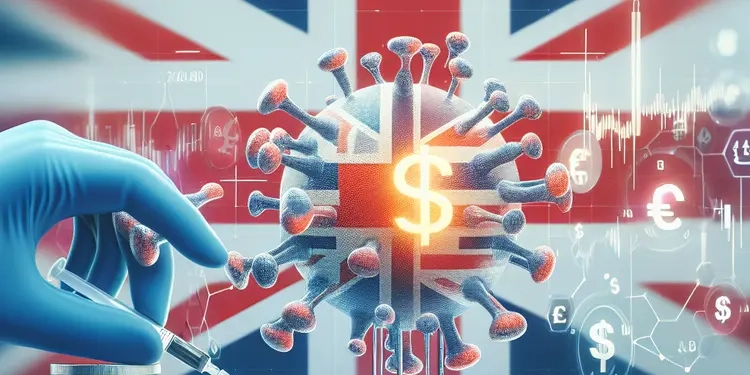
What is Paillon treatment for cancer?
Relevance: 31%
-

Who developed the Paillon treatment?
Relevance: 31%
-
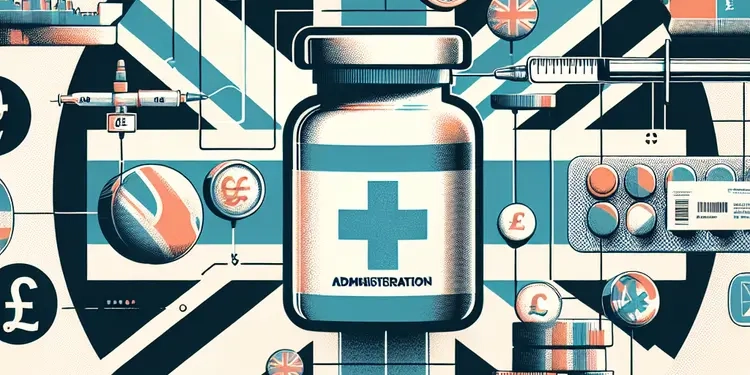
How is Paillon treatment administered?
Relevance: 31%
-
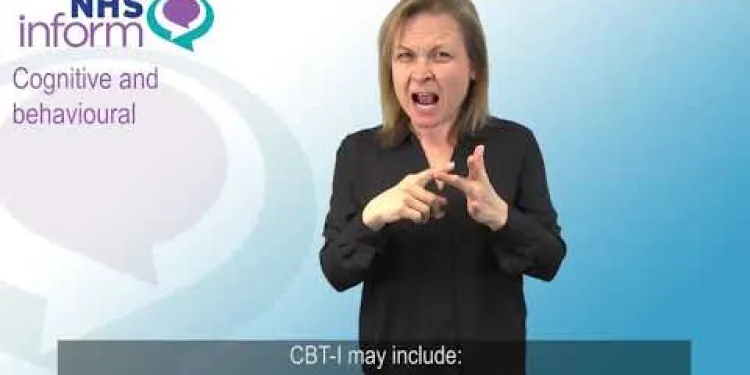
BSL - Treatments for insomnia
Relevance: 31%
-
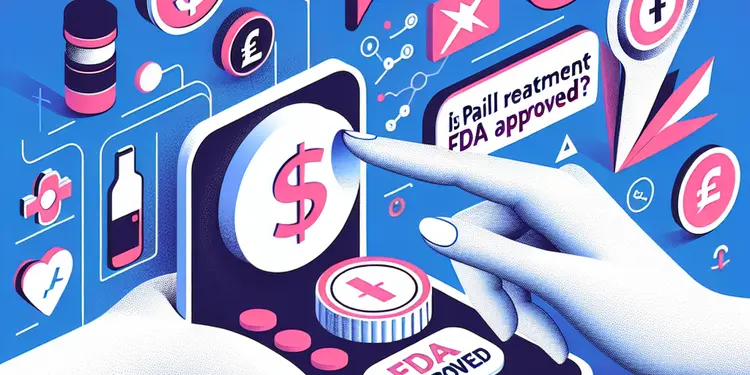
Is Paillon treatment FDA approved?
Relevance: 31%
-
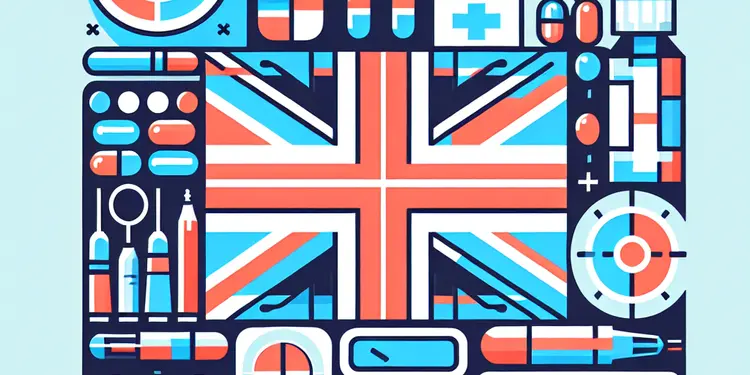
Is a prescription required for Paillon treatment?
Relevance: 31%
-
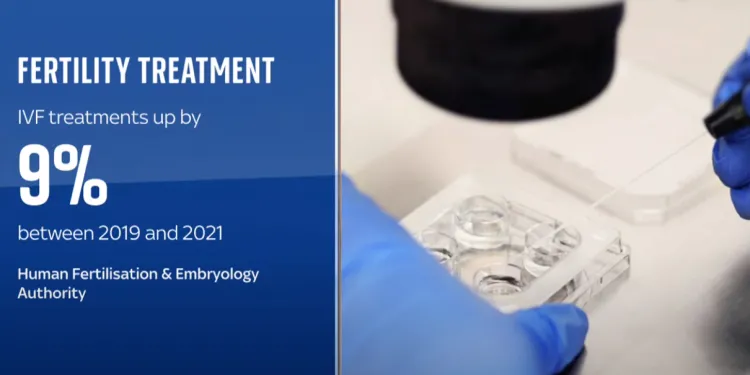
Fertility treatments on the up, but not via the NHS
Relevance: 31%
-

What are topical treatments for psoriasis?
Relevance: 31%
-

What treatments are available for eczema?
Relevance: 31%
-

What is the treatment for chickenpox?
Relevance: 30%
-

Are homeopathic treatments covered by the NHS?
Relevance: 30%
-

Are inhalers the only treatment for asthma?
Relevance: 30%
-
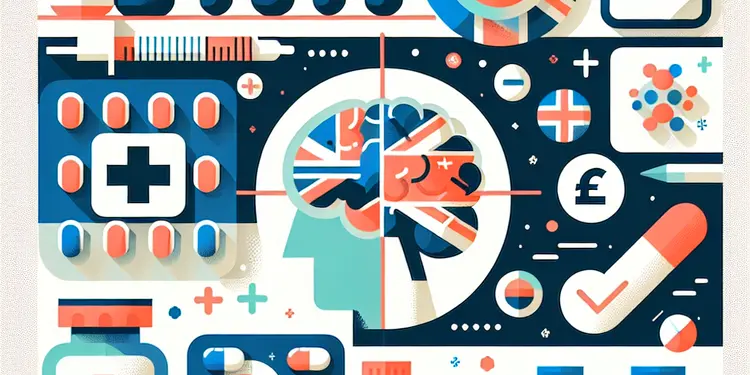
What is the treatment for bacterial meningitis?
Relevance: 30%
-

What are common treatments for ADHD?
Relevance: 30%
-
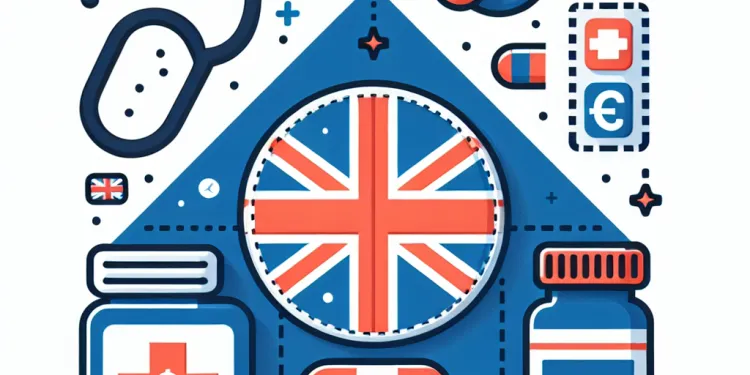
What treatments are available for shingles?
Relevance: 30%
-

What treatments are available for shingles?
Relevance: 30%
-

What are the treatment options for BPH?
Relevance: 30%
-

What treatments are available for obesity?
Relevance: 30%
-
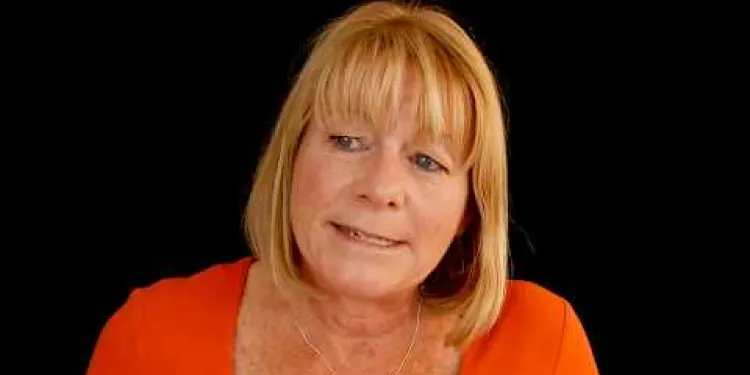
The treatment approach for an eating disorder
Relevance: 30%
-
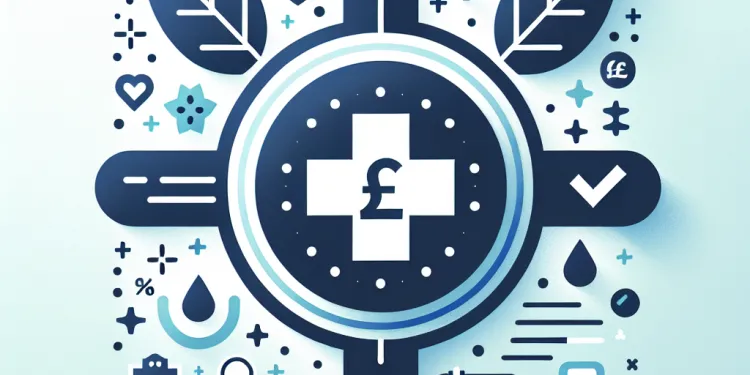
Are there treatments for West Nile Virus?
Relevance: 30%
-
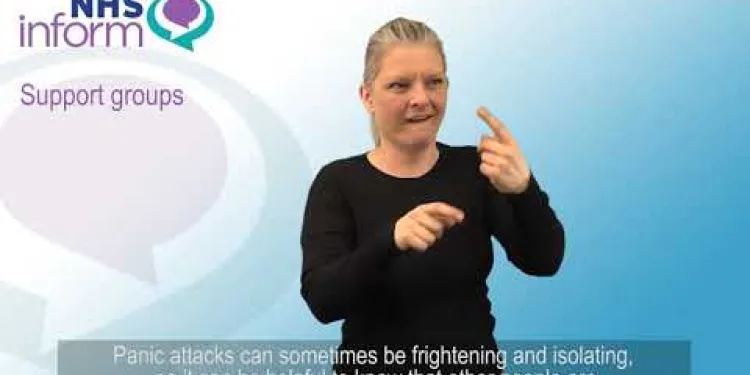
BSL - Treatment of panic disorder
Relevance: 30%
-

What treatments are available for hypotony?
Relevance: 30%
-
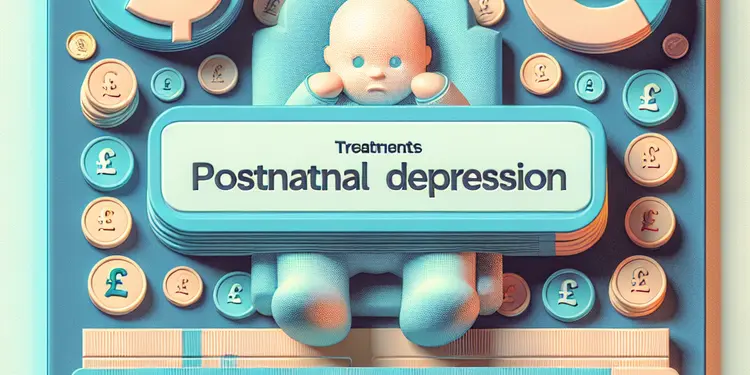
Are there treatments available for postnatal depression?
Relevance: 30%
-
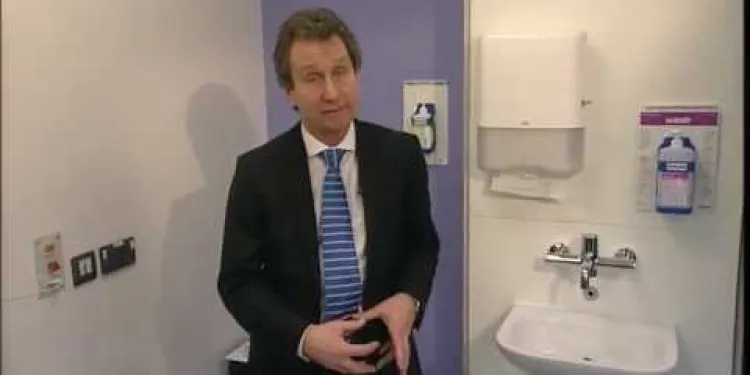
Hernias and their Treatments - A guide for patients
Relevance: 30%
-

What are the success rates of Paillon treatment?
Relevance: 29%
-
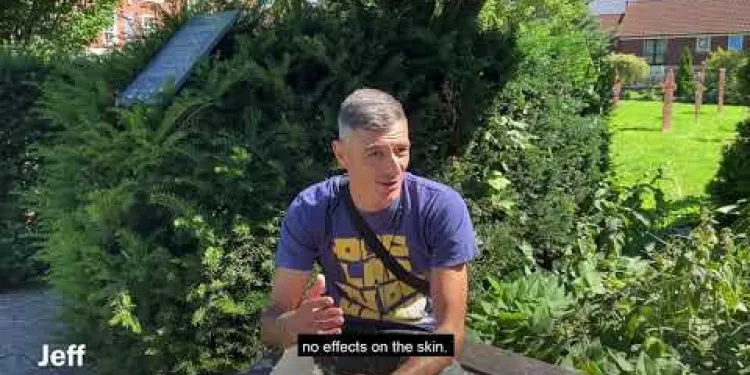
What is the new treatment for hepatitis C like?
Relevance: 29%
-

What are the costs associated with Paillon treatment?
Relevance: 29%
-

Can I receive specialized treatment in EU countries?
Relevance: 29%
-

Are there any treatments available for tinnitus?
Relevance: 29%
-

What treatment options are available for psoriasis?
Relevance: 29%
How to Treat a Nosebleed | NHS
Introduction
Nosebleeds are common and can be concerning, but they are usually not serious. Most can be treated at home and do not require medical attention. It is essential to know the correct steps to manage a nosebleed efficiently and when to seek professional help. The NHS provides guidelines to ensure you can handle this situation effectively.Initial Steps to Manage a Nosebleed
1. Stay Calm and Sit Up: The first step is to remain calm and find a place to sit upright. Avoid laying down or tilting your head back as it can cause blood to run down your throat, leading to nausea or choking. 2. Lean Forward: Leaning slightly forward will help prevent blood from entering your throat. Breathe through your mouth and allow the blood to drain out of your nostrils naturally. 3. Pinch Your Nostrils: Use your thumb and index finger to firmly pinch the soft part of your nose, just above your nostrils. Keep steady pressure for at least 10-15 minutes without checking to see if the bleeding has stopped. This helps the blood to clot.After the Bleeding Stops
1. Avoid Heavy Activity: Refrain from any strenuous activity or heavy lifting for the remainder of the day. This reduces the risk of restarting the bleed. 2. Do Not Pick or Blow Your Nose: Picking or blowing your nose can dislodge the clot and cause the nosebleed to resume. If you must sneeze, do so with your mouth open to lessen the pressure in your nostrils. 3. Keep Your Head Elevated: When lying down, prop your head up with pillows. This helps to reduce blood pressure in the nasal blood vessels, decreasing the chance of recurrent bleeding.When to Seek Medical Help
While most nosebleeds are not serious, certain situations require professional attention: 1. Recurrent Bleeding: If you experience frequent nosebleeds, it may indicate an underlying issue that needs to be addressed by a healthcare provider. 2. Bleeding That Lasts More Than 20 Minutes: If the bleeding does not stop after 20 minutes of applying pressure, seek medical assistance immediately. 3. Heavy Bleeding: If the blood loss is significant or you are experiencing symptoms of shock (rapid heartbeat, faintness, or difficulty breathing), call emergency services right away.Conclusion
Understanding how to treat a nosebleed effectively can prevent unnecessary stress and complications. By following the NHS guidelines, you can manage most nosebleeds at home safely. Remember to remain calm, follow the proper steps, and know when it is time to seek medical help. If you are ever in doubt, do not hesitate to contact your GP or the NHS for further advice.How to Treat a Nosebleed
Introduction
Nosebleeds happen a lot. They can be a bit scary, but they are usually not serious. You can usually fix them at home. It's important to know what to do to stop a nosebleed and when to ask for help. This guide helps you learn what to do.Initial Steps to Manage a Nosebleed
1. Stay Calm and Sit Up: Try to stay calm. Sit up straight. Do not lie down or tilt your head back. This can make blood go down your throat, which can make you feel sick. 2. Lean Forward: Lean a bit forward. This stops blood from going into your throat. Breathe through your mouth. Let the blood come out of your nose. 3. Pinch Your Nostrils: Use your thumb and finger to pinch the soft part of your nose, just above your nostrils. Hold it for 10-15 minutes. This helps the blood stop.After the Bleeding Stops
1. Avoid Heavy Activity: Do not do anything too physical or lift heavy things for the rest of the day. This helps stop the bleed from starting again. 2. Do Not Pick or Blow Your Nose: Do not pick or blow your nose. This can make the bleeding start again. If you need to sneeze, open your mouth to ease pressure. 3. Keep Your Head Elevated: If you lie down, use pillows to keep your head up. This helps reduce blood pressure in your nose.When to Seek Medical Help
In some cases, you should get help from a doctor: 1. Recurrent Bleeding: If you have nosebleeds often, you should talk to a healthcare provider. 2. Bleeding That Lasts More Than 20 Minutes: If bleeding doesn't stop after 20 minutes of pinching, get help right away. 3. Heavy Bleeding: If you lose a lot of blood or feel bad (like a fast heartbeat or trouble breathing), call emergency services immediately.Conclusion
Knowing how to stop a nosebleed can save you from stress. Follow these easy steps, and you can handle most nosebleeds at home. Stay calm, follow the steps, and know when to ask for help. If you’re not sure what to do, contact a doctor or the NHS for advice.Frequently Asked Questions
What should I do first if I get a nosebleed?
Sit down, keep your head upright, and lean forward slightly to prevent blood from going down your throat.
Should I pinch my nose during a nosebleed?
Yes, you should pinch the soft part of your nose for 10-15 minutes to help stop the bleeding.
Can I lie down during a nosebleed?
No, lying down can cause blood to go down your throat, which might lead to choking or vomiting.
Is it advisable to put anything inside my nose to stop the bleeding?
No, do not put anything inside your nose, such as tissues or cotton wool. This can make the bleeding worse.
How long should I apply pressure to my nose if it’s bleeding?
You should apply pressure by pinching your nose for 10-15 minutes without stopping.
What should I do if the bleeding doesn't stop after 15 minutes?
If the bleeding hasn’t stopped after 15 minutes, continue pinching your nose for another 10-15 minutes. Seek medical attention if it still doesn't stop.
Can I take any medications to help stop a nosebleed?
Over-the-counter medications aren't recommended to stop a nosebleed. However, if you take blood thinners, consult your GP.
What should I avoid doing after a nosebleed has stopped?
Avoid blowing your nose, picking it, straining, heavy lifting, or lying flat for several hours after a nosebleed to prevent it from starting again.
When should I seek medical help for a nosebleed?
Seek medical help if the nosebleed lasts longer than 20 minutes, occurs frequently, or if you’re also experiencing symptoms such as high blood pressure or bruising easily.
How can I prevent future nosebleeds?
Keep the lining of your nose moist with a saline nasal spray, avoid picking your nose, and use a humidifier in dry environments.
What are some common causes of nosebleeds?
Common causes include dry air, picking your nose, blowing your nose too hard, injury to the nose, high blood pressure, and certain medications.
Is it normal to swallow blood during a nosebleed?
No, swallowing blood can cause stomach irritation or vomiting, so it’s important to lean forward to prevent this.
Should I be concerned if I frequently have nosebleeds?
Yes, frequent nosebleeds can indicate an underlying health issue and should be discussed with your GP.
Can children follow the same steps as adults when dealing with a nosebleed?
Yes, the same general steps apply to children, including sitting up, leaning forward, and pinching the soft part of their nose.
Should I use an ice pack to help stop a nosebleed?
Placing an ice pack on the bridge of your nose can help constrict blood vessels and reduce bleeding, though it's not essential.
What to Do First if Your Nose Bleeds
Sit down. Keep your head up. Lean forward a little. This will stop blood from going down your throat.
What should I do if my nose is bleeding?
If your nose starts to bleed, here is what you can do:
- Sit down and lean a little bit forward.
- Pinch the soft part of your nose with your fingers.
- Hold it for about 10 minutes without letting go.
- If the bleeding does not stop after 10 minutes, try again.
Remember, do not tilt your head back. It helps to stay calm. If you have trouble, ask someone to help you with this.
You can use a timer to keep track of the 10 minutes. Ask a friend or family member to stay with you until it stops.
Yes, you should gently squeeze the soft part of your nose for 10-15 minutes. This can help stop the bleeding.
Can I lie down if my nose is bleeding?
If your nose is bleeding, it is better to sit up straight.
Lean forward a little bit. This helps the blood flow out of your nose and not down your throat.
Holding your head up keeps it safe.
You can pinch the soft part of your nose to stop the bleeding.
If you lie down, it can make the blood go to your stomach and make you feel sick.
Use tissues to catch the blood and keep clean.
No, it's not safe to lie down because blood might go down your throat. This can make you choke or feel like throwing up.
Should I put something in my nose to stop it from bleeding?
If your nose is bleeding, it's usually best not to put anything inside it, like tissues or cotton. This can often make it worse.
Instead, try these tips:
- Sit down and lean forward a little bit.
- Pinch your nose gently, just below the hard part, with your thumb and finger.
- Hold it for about 10 minutes and breathe through your mouth.
If the bleeding doesn't stop, ask an adult for help or see a doctor.
Use clear and simple instructions. You can also use pictures or videos to help explain what to do.
No, do not put things like tissues or cotton in your nose. This can make the bleeding worse.
How long should I press on my nose if it is bleeding?
If your nose is bleeding, press on it for about 10 minutes.
Here are some tips that might help:
- Use a clock or timer to keep track of 10 minutes.
- Take deep breaths to stay calm.
- Ask someone for help if you need it.
Hold your nose with your fingers and squeeze it for 10 to 15 minutes. Do not stop in between.
What to do if bleeding doesn't stop after 15 minutes?
If you have a cut and it bleeds for more than 15 minutes, you need to get help.
Here are some steps you can follow:
- Press down on the cut with a clean cloth.
- Lift the cut area up, above your heart.
- If it keeps bleeding after 15 minutes, call for help or ask someone to take you to a doctor.
It's good to have a first aid kit at home. A grown-up can help you use things like band-aids and wraps.
If your nose is still bleeding after 15 minutes, keep pinching your nose for another 10 to 15 minutes. If it is still bleeding after that, go to the doctor.
Can I take medicine to stop a nosebleed?
Here is how to stop a nosebleed:
- Lean your head forward and press your nose.
- Pinch your nose for about 10 minutes.
- Do not lie down.
If the nosebleed does not stop, talk to a doctor.
They can tell you if you need special medicine.
Reading tools or apps can help you understand better.
Don't use medicine from the shop to stop a nosebleed. If you take blood-thinning medicine, talk to your doctor.
What things should I not do after my nosebleed stops?
After a nosebleed, don't blow your nose, pick it, lift heavy things, or lie down flat for a few hours. This can help stop the nosebleed from coming back.
When should I get help from a doctor for a nosebleed?
Sometimes your nose might bleed. This is called a nosebleed. Most of the time, it stops on its own. But there are times you should see a doctor.
Go to the doctor if:
- Your nose bleeds a lot.
- The bleeding does not stop after 10 minutes.
- You get nosebleeds often.
- You hurt your nose.
- The nosebleed makes it hard for you to breathe.
- You feel weak or dizzy.
Here are some things you can do:
- Pinch your nose gently and lean forward.
- Use a timer to track 10 minutes.
- Breathe through your mouth.
- Stay calm and ask someone to stay with you.
If you need help, tell a grown-up or call a doctor.
Ask a doctor for help if your nosebleed goes on for more than 20 minutes, happens often, or if you also have other problems like high blood pressure or if you bruise easily.
How can I stop getting nosebleeds again?
Keep the inside of your nose wet with a special salty water spray. Don’t pick your nose. Use a machine that puts water in the air to help in dry places.
What can make your nose bleed?
Here are some things that can make your nose bleed:
- If you pick your nose a lot.
- If your nose is very dry, like in the winter.
- If you blow your nose too hard.
- Sometimes when you have a cold.
If your nose bleeds a lot, talk to a doctor.
Tools that can help:
- Use a humidifier to keep the air moist.
- Put a little bit of Vaseline inside your nose if it feels dry.
Some things that can make your nose bleed are:
- Dry air
- Picking your nose
- Blowing your nose too hard
- Hurting your nose
- High blood pressure
- Some medicines
If you need help reading or understanding, try using an audiobook or ask someone to read with you.
Is it okay to swallow blood when your nose is bleeding?
Sometimes, when your nose bleeds, you might swallow some blood by mistake. This can happen when the blood goes down the back of your throat. It is usually not bad, but it might make your stomach feel upset.
To stop the blood from going down your throat, you can lean forward and pinch your nose just below the hard part. You can also put a tissue under your nose.
If you have a nosebleed for a long time or feel worried, ask an adult to help or talk to a doctor.
No, swallowing blood can make your tummy hurt or make you feel like throwing up. It’s a good idea to lean forward to stop this from happening.
Is it okay if my nose bleeds a lot?
If your nose bleeds a lot, it might be a good idea to talk to someone who can help, like a doctor.
Here are some things you can try to help:
- Gently pinch your nose shut for a few minutes.
- Sit down and lean forward a little bit. This helps keep the blood out of your throat.
- Use a soft tissue or cloth to keep things clean.
If your nose keeps bleeding, ask an adult to take you to see a doctor. They can help you figure out why it's happening.
Yes, getting a lot of nosebleeds can mean there is a health problem. You should talk to your doctor about it.
Can kids do the same things as grown-ups when their nose bleeds?
Yes, kids do the same steps. They sit up, lean forward, and pinch the soft part of their nose.
Can an ice pack stop my nosebleed?
Putting a cold ice pack on the top of your nose can make the blood vessels smaller and help stop the bleeding. But you don't have to do it if you don't want to.
Useful Links
This website offers general information and is not a substitute for professional advice.
Always seek guidance from qualified professionals.
If you have any medical concerns or need urgent help, contact a healthcare professional or emergency services immediately.
Some of this content was generated with AI assistance. We’ve done our best to keep it accurate, helpful, and human-friendly.
- Ergsy carfully checks the information in the videos we provide here.
- Videos shown by Youtube after a video has completed, have NOT been reviewed by ERGSY.
- To view, click the arrow in centre of video.
- Most of the videos you find here will have subtitles and/or closed captions available.
- You may need to turn these on, and choose your preferred language.
- Go to the video you'd like to watch.
- If closed captions (CC) are available, settings will be visible on the bottom right of the video player.
- To turn on Captions, click settings .
- To turn off Captions, click settings again.
More Items From Ergsy search
-

How to treat a nosebleed | NHS
Relevance: 100%
-

Having chemotherapy and other treatments in the Day Treatment Unit
Relevance: 34%
-

Is there a treatment for measles?
Relevance: 33%
-

Is there a treatment for measles?
Relevance: 33%
-

Are chiropractic treatments safe?
Relevance: 33%
-

Is Botox treatment expensive?
Relevance: 32%
-

Are chiropractic treatments painful?
Relevance: 32%
-

What is the treatment for appendicitis?
Relevance: 32%
-

Eating disorders: treatment
Relevance: 32%
-

Is Paillon treatment a form of chemotherapy?
Relevance: 31%
-

What is Paillon treatment for cancer?
Relevance: 31%
-

Who developed the Paillon treatment?
Relevance: 31%
-

How is Paillon treatment administered?
Relevance: 31%
-

BSL - Treatments for insomnia
Relevance: 31%
-

Is Paillon treatment FDA approved?
Relevance: 31%
-

Is a prescription required for Paillon treatment?
Relevance: 31%
-

Fertility treatments on the up, but not via the NHS
Relevance: 31%
-

What are topical treatments for psoriasis?
Relevance: 31%
-

What treatments are available for eczema?
Relevance: 31%
-

What is the treatment for chickenpox?
Relevance: 30%
-

Are homeopathic treatments covered by the NHS?
Relevance: 30%
-

Are inhalers the only treatment for asthma?
Relevance: 30%
-

What is the treatment for bacterial meningitis?
Relevance: 30%
-

What are common treatments for ADHD?
Relevance: 30%
-

What treatments are available for shingles?
Relevance: 30%
-

What treatments are available for shingles?
Relevance: 30%
-

What are the treatment options for BPH?
Relevance: 30%
-

What treatments are available for obesity?
Relevance: 30%
-

The treatment approach for an eating disorder
Relevance: 30%
-

Are there treatments for West Nile Virus?
Relevance: 30%
-

BSL - Treatment of panic disorder
Relevance: 30%
-

What treatments are available for hypotony?
Relevance: 30%
-

Are there treatments available for postnatal depression?
Relevance: 30%
-

Hernias and their Treatments - A guide for patients
Relevance: 30%
-

What are the success rates of Paillon treatment?
Relevance: 29%
-

What is the new treatment for hepatitis C like?
Relevance: 29%
-

What are the costs associated with Paillon treatment?
Relevance: 29%
-

Can I receive specialized treatment in EU countries?
Relevance: 29%
-

Are there any treatments available for tinnitus?
Relevance: 29%
-

What treatment options are available for psoriasis?
Relevance: 29%


